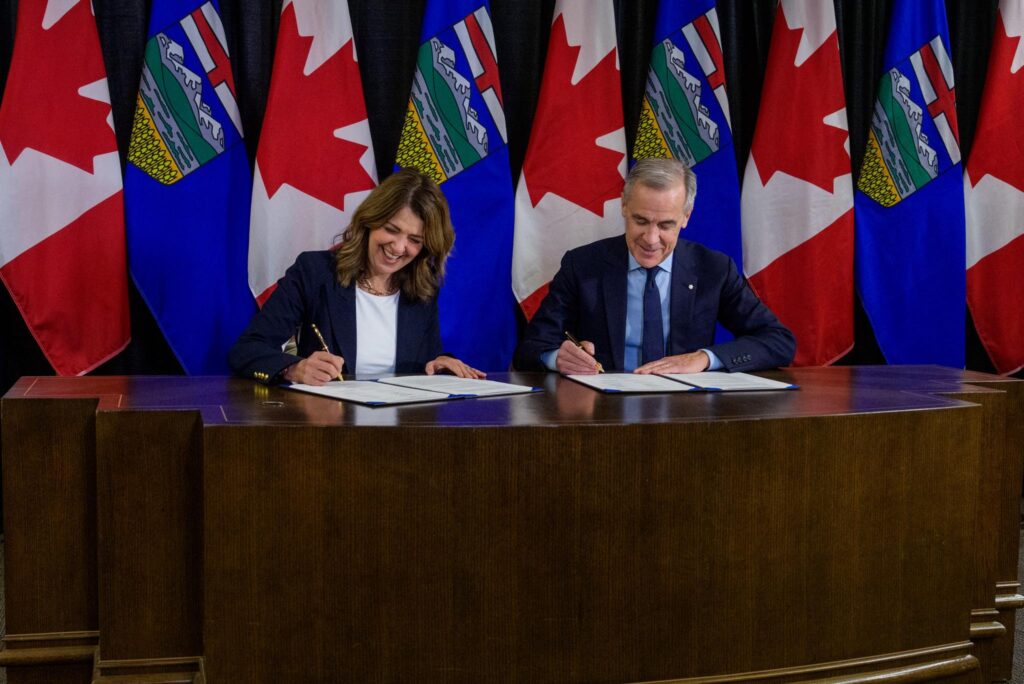So, how do you get your mind off the methane clathrates?
Correspondent Bill Blakemore blogs about covering global warming full-time for ABC News:
There are remarkably few of us mainstream professional journalists covering global warming, given the enormity of the story. This is, after all, a story in which the most credible scientists now say life on earth could become unbearable for most humans – widespread famine and political chaos, possibly even within the lifetime of today’s toddlers – if we don’t soon curb greenhouse gas emissions.
We find ourselves phoning each other not only to chat about the latest scientific study or compare notes on the relative credibilities and quirks of different experts, but also sometimes to do a little mutual therapy.
“How do you get your mind off the methane clathrates?” (whose leaking from the seabed during natural warming millions of years ago is thought by scientists to have sent global temperatures soaring), or “I know, I felt bad for a few days after I read about James Lovelock’s new book too.”
It is a normal part of the correspondent’s job to experience the psychological impacts of a story first, before they are felt by those to whom we then report it. We few who have been covering global warming have thus come to understand the natural denial that editors and public have when first trying to absorb the realities of it.
The other frustrations of covering this story are more familiar to journalism – how to explain the unfamiliar science, how to get our arms around the many parts of this story with its financial, political, biological and epidemiological impacts. These frustrations are of the sort we professional journalists enjoy overcoming – it’s our craft and solving such difficulties of communication is what we enjoy doing.
But the enormity of the danger itself? It will be a relief – albeit a sad one – as more and more of the public begins to acknowledge and deal with the true scale and impact of this story, as seems to be happening now, so that we who cover it may come to feel less isolated.
It can be great to be alone on a story – the admittedly vain thrill of being first to discover important facts that people are clearly going to agree they needed to learn, of mining exotic and unexplored mother lodes of startling information with a few respected colleagues – but only for so long.
Subscribe to our newsletter
Stay up to date with DeSmog news and alerts





